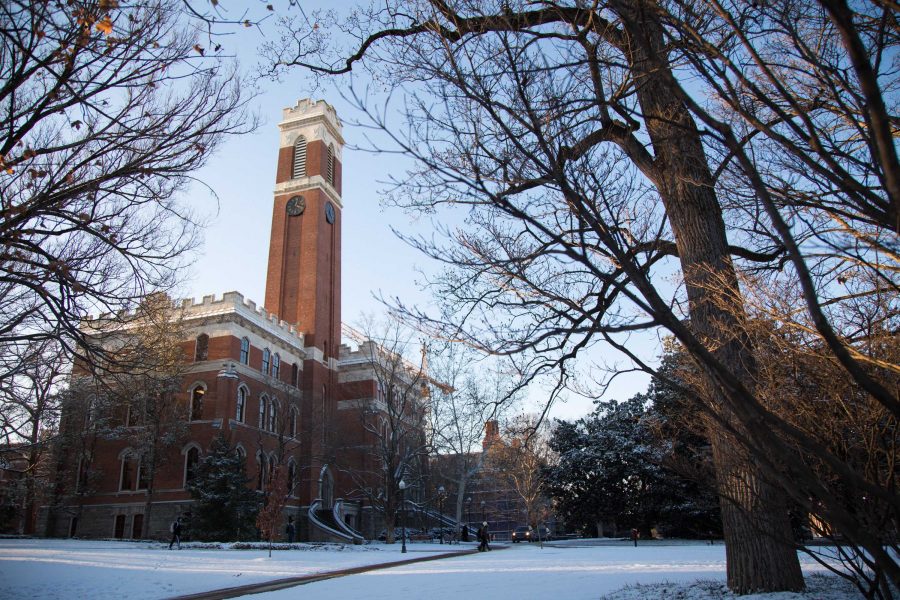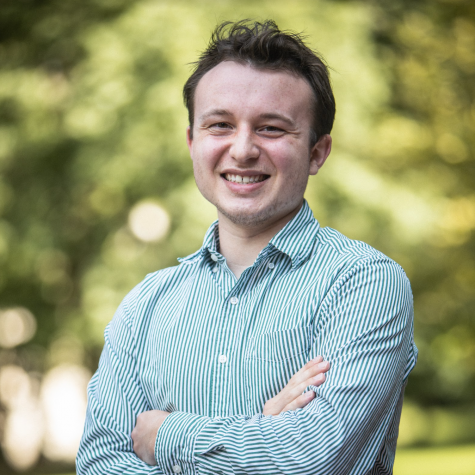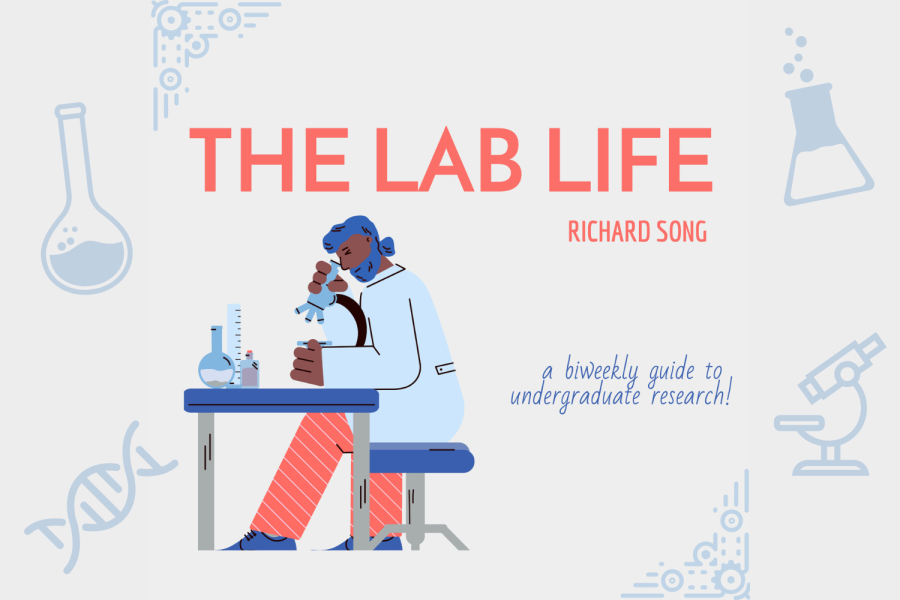This story has been updated to reflect the correct title for David Rinker.
On July 27, a study published in Nature Ecology & Evolution by Vanderbilt postdoctoral scholar David Rinker, alongside Vanderbilt professor, Tony Capra, detailed the discovery of “lost” genetic variants from the interbreeding of modern humans and Neanderthals.
What is most intriguing, according to Rinker, is that modern humans lost genetic variations as they left Africa in small groups. However, they reacquired some of these lost variants from the inbreeding of Neanderthals and modern humans about 60,000 years ago.
Groups of the ancestors to modern humans left Africa and went to Eurasia 600,000 years ago, evolving into Neanderthals. Over hundreds of thousands of years, Neanderthals in Eurasia and the ancestors of modern humans in Africa evolved separately, acquiring different genetic variations. When the ancestors of modern humans migrated into Eurasia roughly 60,000 years ago, they interbred and exchanged genetic material with Neanderthals, according to Rinker.
According to Rinker, modern humans that originated in Eurasia, have about 1-2 percent Neanderthal DNA. The Neanderthal DNA is sequenced from the fossil record, typically bones or remains. Rinker describes genetic sequencing from fossils as one of the greatest advances over the past decade.
“This is ancient DNA from 50,000 to 100,000 years ago, extracted from fossils and then sequenced, so we actually can spy on evolution as it happened,” Rinker said.
Rinker and Capra, alongside four other researchers, also utilized the 1000 Genomes Project (1KGP), one of the largest data sets of genetic variations globally. According to Rinker, this was an exercise in “big data genomics,” where they had access to large sets of genetic data to analyze.
The study collaborated with Vanderbilt biochemistry professor Dr. Emily Hodges’ lab. Hodges’ lab aided the study by validating predictions done by Capra’s lab.
“This was a really nice exercise in collaboration between colleagues at Vanderbilt and an overall satisfying experience,” Rinker said.






